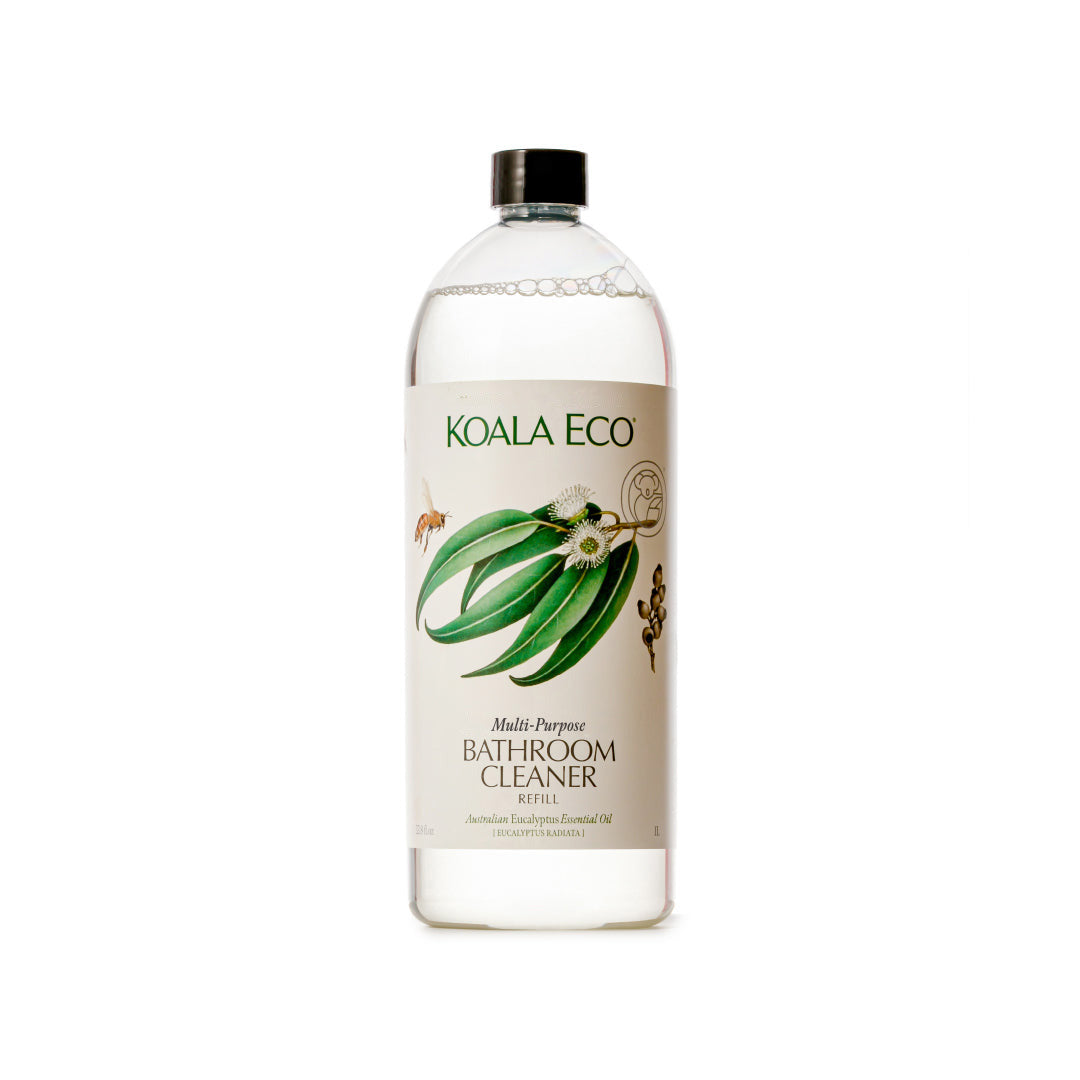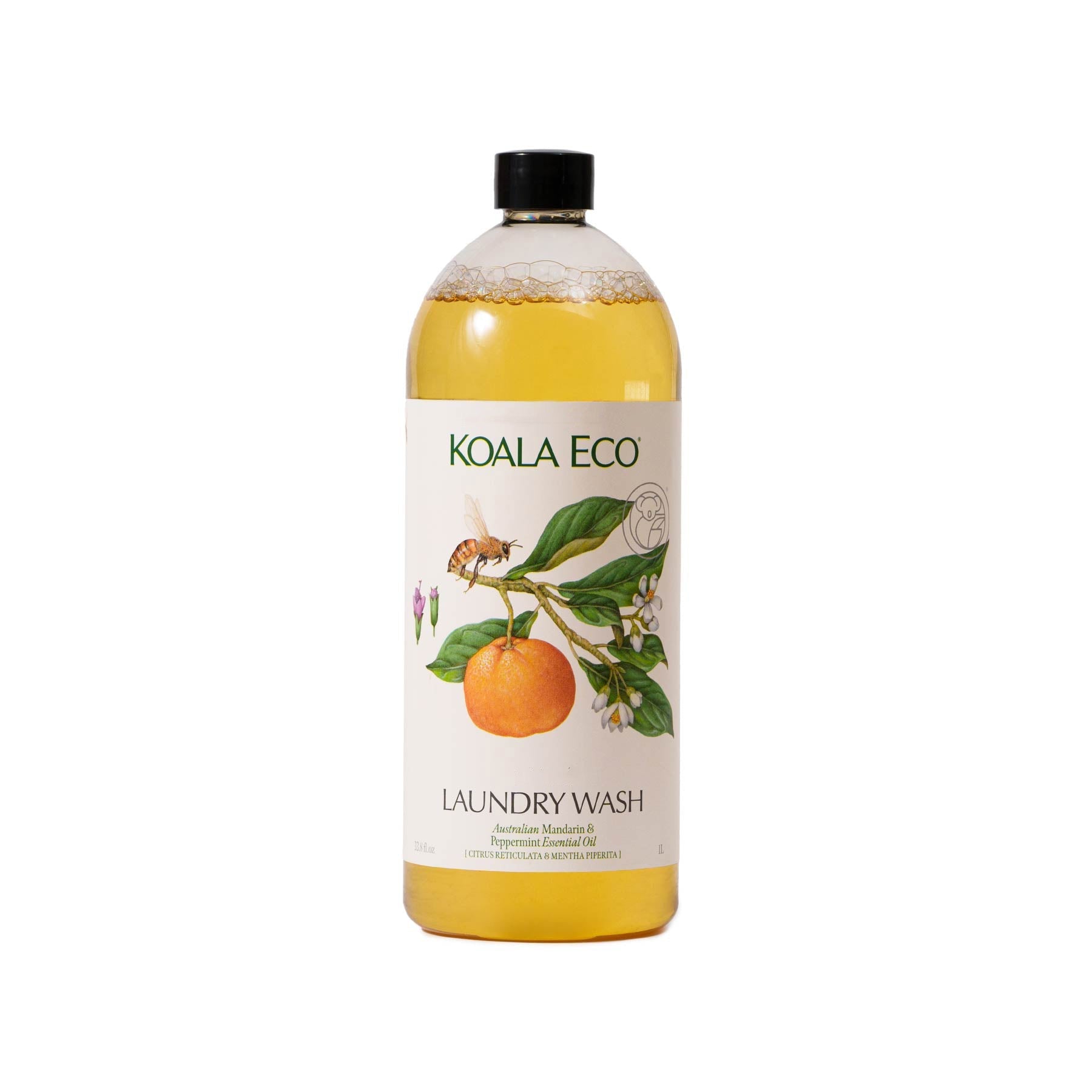At Koala Eco, eco-friendly isn’t merely a property we ascribe to our products, it extends to every facet of our life. In pursuit of treading more lightly on the earth, we recently bought an electric car; the MG Motor ZS EV Essence. While Australia has been comparatively slower to embrace electric vehicles than the rest of the world, the introduction of government subsidies and waiving of stamp duty is looking to change that. With more marques entering the electric vehicle market at various price points, purchasing an electric vehicle in Australia will become more mainstream.
Here are some reasons electric vehicles are set to be the way forward in transport.
Electric vehicles are easier on the environment
One of the key reasons many people make the switch to electric vehicles, EVs are a way to tread (or more rather drive) more lightly on the earth. As they’re battery-powered, EVs have no exhaust emissions, reducing harmful air pollution.
While EVs still create a certain amount of greenhouse gas emissions when charged from the electricity grid, this is still less compared to the carbon emissions generated by producing petrol for ICE (internal combustion engine) vehicles. To avoid this, eco-conscious consumers can opt to use renewable energy providers like GreenPower to charge their EVs, further reducing their carbon footprint.
The selection of electric vehicles is increasing
Although there was a time when Tesla had the monopoly over electric vehicles in Australia, there has been a steady increase in marques offering EVs down under. Once reserved for the luxury market, EVs are slowly entering the mainstream. We opted for the MG Motor ZS EV Essence, an all-electric SUV suitable for the whole family within the mid-range price. Other options currently present in Australia include the Nissan Leaf, Hyundai Ioniq and Kona, Volvo XC40 Recharge Pure Electric, and Mini Electric Hatch. On the upper end of the spectrum, you can find the Jaguar I-Pace, Audi E-Tron, BMW i3s, and of course, the Tesla Model 3, S, and X.
With increased demand for EVs growing across the country (particularly in NSW and VIC), the amount of eclectic car makes and models is poised to continue rising.
A smoother driving experience
Although proponents of ICE vehicles often cite the loss of a dramatic engine sound as a reason not to opt for electric, most of us aren’t driving a sports car on the open road on a daily basis. When switching to an electric car, the quietness of the engine is instantly noticeable, creating a far more calm and comfortable driving experience.
Plus, EVs have instant torque, which means instant power. The moment your foot meets the accelerator, you’ll be greeted with a quick, smooth surge of acceleration. The battery on an EV is also placed in the floor of the car which makes for a low centre of balance, meaning the car is safer and easier to handle, taking corners and curves with ease.
Charging is a breeze
With an EV, petrol stations are a thing of the past. Charging an electric vehicle is as simple as plugging in your mobile phone, with EVs able to be plugged into standard home power sockets. For a rapid charge, you can opt to use a public charging port, which charges most standard cars up to 80% in an hour.
Electric vehicles will save you money in the long run
The initial outlay on an EV may be more than a standard budget or mid-range ICE vehicle, however an electric car will end up saving you money in the long run. On a per km basis, EVs cost significantly less to run than petrol or diesel vehicles. EVs charged using grid electricity are around 5 times cheaper to run than petrol vehicles per km, while EVs charged with solar power can be up to 10 times cheaper.
Another key factor is maintenance; while petrol and diesel vehicles have to be serviced regularly and often come with hefty costs relating to the engine, radiators, and exhaust, EVs only require you to take care of the brakes, tyres, and suspension. Batteries in EVs are made to last, with most marques offering warranties of over 10 years, although the likelihood of necessitating a replacement is low.

![The Sunday Reset - Inspired by the Narrow-leaved Peppermint [Eucalyptus radiata]](http://www.koalaeco.com/cdn/shop/articles/Koala-2025-TSR-Peppermint-Journal_Banner_1228eafe-9ead-435b-828e-22899b3e5cd8.jpg?v=1770260830&width=2000)


































